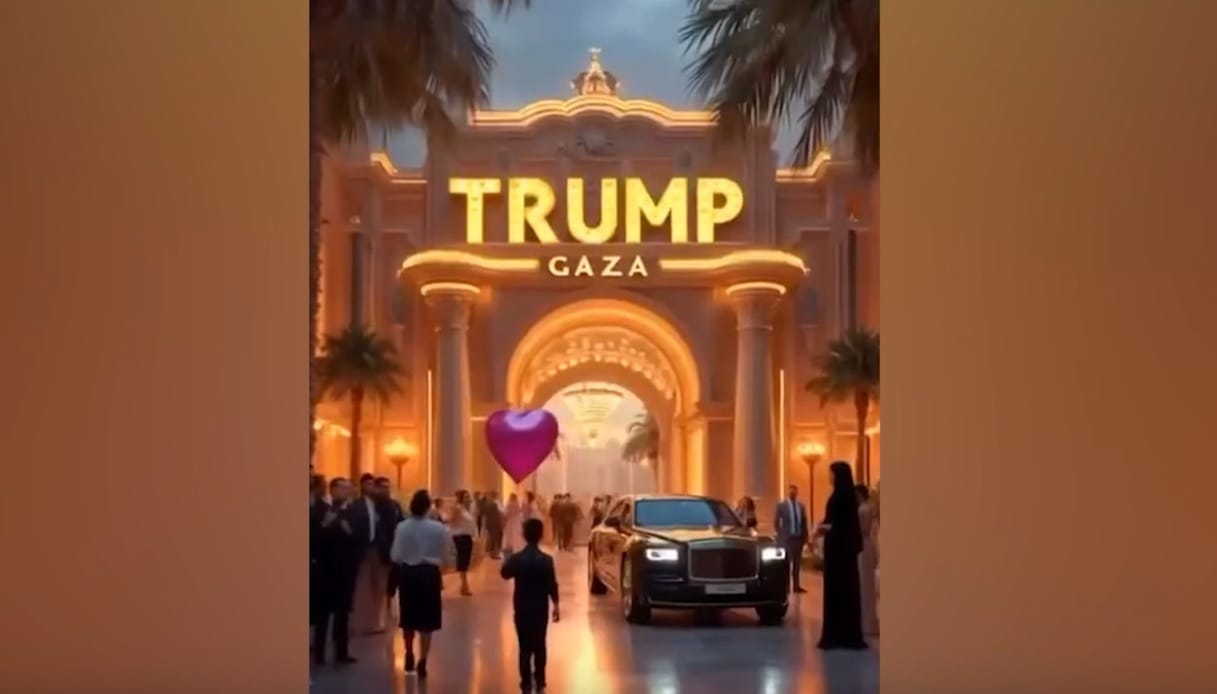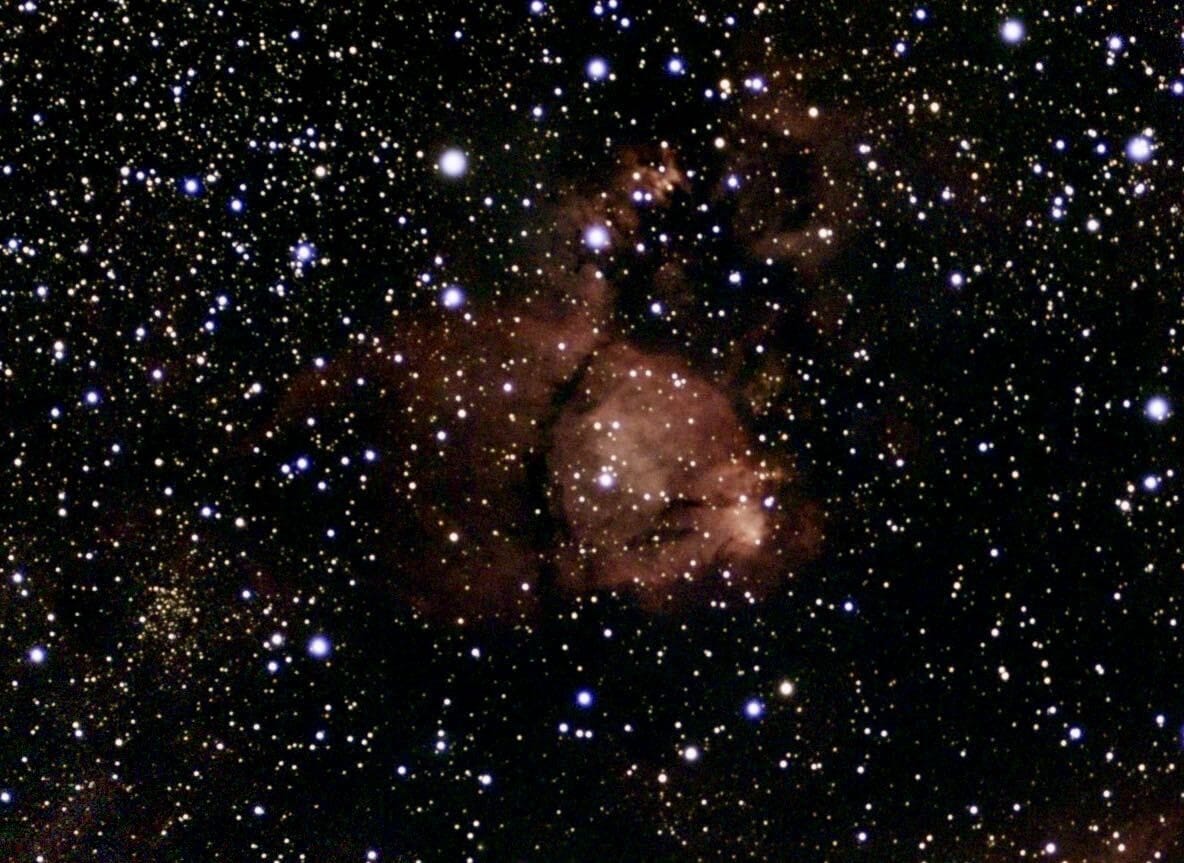The news that negotiators from Israel and Hamas have agreed to a cease-fire and hostage release is indeed welcome, raising hopes that there could be an end to 15 months of war that has killed more than 45,000 Palestinians and destroyed much of Gaza.
The announcement of the agreement on Wednesday could not have come at a more advantageous time for President-elect Donald Trump. The cease-fire is scheduled to take effect on Sunday, a day before Trump's inauguration to a second term.
But Israeli Prime Minister Benjamin Netanyahu's office announced Thursday that his Cabinet will not meet as planned today to approve the agreement, accusing Hamas of reneging on parts of the deal in an attempt "to extort last-minute concessions." It did not elaborate on the reason for the delay. Netanyahu has faced warnings from far-right members of his coalition that they could topple his government if the deal involves excessive commissions.
On Wednesday, President Joe Biden held a news conference to announce the agreement.
Biden, flanked by Vice President Kamala Harris and Secretary of State Antony Blinken, told a news conference that it is "a very good afternoon."
But he then said: "The elements of this deal were what I laid out in detail this past May, which was embraced by countries around the world and endorsed overwhelmingly by the UN Security Council."
Biden acknowledged that the negotiations were the "toughest" he'd ever been involved in during his political career.
But we should be asking questions about who bears responsibility for the delay in reaching a deal? The Israeli government and Biden administration have placed most of the blame for the delay on Hamas.
But on Tuesday, Israel's National Security Minister Itamar Ben-Gvir, the leader of the far-right Jewish Power party, said in a post on X, formerly Twitter, that his party had prevented a hostage deal from being achieved on numerous occasions.
“In the past year, through our political power, we succeeded in preventing this deal from moving forward time and time again,” he wrote. Ben-Gvir also expressed his opposition to the latest cease-fire deal.
Netanyahu has since expanded his coalition so he doesn't have to rely on the support of Ben-Gvir's party to avoid the collapse of his government over the agreement.
Arab diplomats had expressed concern that Netanyahu was stonewalling the cease-fire negotiations to delay any agreement until after the November election in order to help Trump defeat Harris, believing that the Republican nominee would be more supportive of Israel's right-wing government as was the case during his first term.
The Times of Israel quoted an unnamed Arab diplomat in an article written after the November election:
He pointed to how Netanyahu added new conditions to Israel’s earlier hostage deal proposal, submitting them at a critical point in the negotiations after Hamas had accepted Jerusalem’s key demands in early July.
“Every time we’ve gotten close to reaching a deal, Netanyahu has added new conditions or issued public statements that have blown up the negotiations,” the Arab diplomat said.
Netanyahu met with Trump at Mar-a-Lago in July and later spoke to him by phone. There were reports that Trump had told the Israeli prime minister to stop a Gaza ceasefire deal because it would help Harris' presidential campaign, but both leaders denied this. Snopes fact-checking website characterized the reports as "unproven."
But just consider what happened in the 1968 presidential campaign. It was rumored for years that Richard Nixon's campaign conspired to scuttle Vietnam War peace talks on the eve of the election which helped him to defeat the Democratic nominee, Vice President Hubert Humphrey.
Politico Magazine reported that a White House aide Tom Charles Huston said that "there is no question" that Nixon campaign aides sent a message to the South Vietnamese government, promising better terms if it obstructed the talks, and helped Nixon get elected.
It's clear that the delay in a Gaza cease-fire agreement hurt Democratic presidential prospects in 2024 whether the candidate was Biden or Harris.
Ryan Grim, writing on the Drop Site News website, cited a new poll that Harris paid a price for not breaking with Biden on Gaza.
He wrote:
From 2020 to 2024, Democrats saw a staggering dropoff in support at the presidential level, with some 19 million people who voted for Joe Biden staying home (or not mailing in their ballots) in 2024. Now, a new survey conducted by YouGov suggests Biden’s support for Israel’s unrelenting assault on Gaza played a surprisingly large role in the choice of those previous Biden supporters not to vote. (Read the full poll here.)
The top reason those non-voters cited, above the economy at 24 percent and immigration at 11 percent, was Gaza: a full 29 percent cited the ongoing onslaught as the top reason they didn’t cast a vote in 2024.
Looking narrowly at states that swung from Biden in 2020 to Trump in 2024, the number is smaller. But in those states, 20 percent still cited Gaza as the reason they didn’t vote again. The poll was paid for by the Institute for Middle East Understanding Policy Project, which has been an outspoken critic of Israel’s assault on Gaza.
Federal Election Commission filings showed that billionaire Elon Musk helped bankroll a super PAC that put out ads both claiming that Harris is too pro-Israel for Arab-Americans and too pro=Palestinian for Jewish Americans,
And now Trump is trying to claim credit for the cease-fire deal that the Biden administration spent months trying to negotiate after Hamas launched a surprise attack on Israel on Oct. 7, 2023, killing 1,200 people with about 250 people taken hostage.
Trump's incoming special Mideast envoy Steve Witkoff traveled to the Qatari capital of Doha to join the Biden administration's team in the negotiations that secured the cease-fire agreement.
At a Jan.7 news conference, Trump warned that "all hell will break out" in the Middle East if Hamas did not release the Israeli hostages by the time he takes office.
And on Wednesday, Trump jumped in to announce the cease-fire deal even before Biden and the Qatari prime minister held their news conferences.
“This EPIC ceasefire agreement could have only happened as a result of our Historic Victory in November, as it signaled to the entire World that my Administration would seek Peace and negotiate deals to ensure the safety of all Americans, and our Allies,” Trump wrote on social media. “I am thrilled American and Israeli hostages will be returning home to be reunited with their families and loved ones.”
At his news conference, Biden said that "my diplomacy never ceased in their efforts to get this done.”
“It is the result not only of the extreme pressure that Hamas has been under and the changed regional equation after a ceasefire in Lebanon and weakening of Iran — but also of dogged and painstaking American diplomacy,” Biden said.
Biden appeared irked as he walked away from the podium when a reporter asked who should get credit for the cease-fire deal "you or Trump"?
Biden responded: "Is that a joke?"
So now it will be up to the incoming Trump administration to implement the three phases of the cease-fire agreement.
And there's a bigger question regarding Trump's Mideast policy that will be the subject of a future story. Trump's second biggest campaign donor was Miriam Adelson, who was born in Tel Aviv and is the widow of billionaire casino magnate Sheldon Adelson. Her super PAC donated $100 million to support Trump's campaign.
She supports annexation annexation of the West Bank and opposes the creation of a Palestinian state. Will the transactional Trump go along with these policies?















Comments
We want Uncharted Blue to be a welcoming and progressive space.
Before commenting, make sure you've read our Community Guidelines.